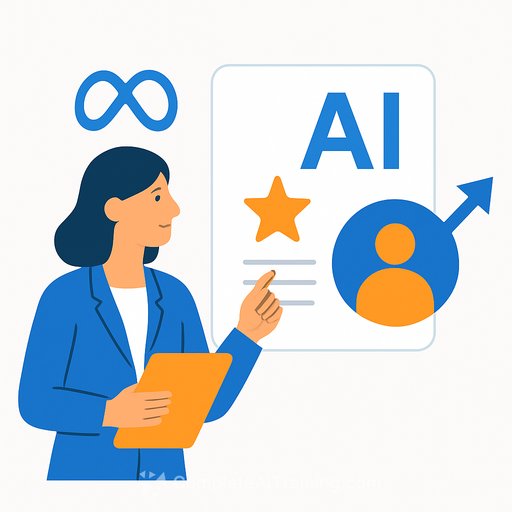One in Three UK Businesses Lack Readiness for AI Strategy
Despite 91% of UK business leaders feeling ready to embrace artificial intelligence (AI), recent research reveals a significant gap between AI ambitions and actual preparedness. A study of over 1,000 HR, payroll, and finance leaders found that one in three UK businesses report lacking the necessary skills to use AI effectively.
While 64% of leaders view AI as a high strategic priority, less than half (48%) believe they are fully prepared to deploy AI in critical business areas. Challenges such as outdated systems, fragmented processes, and persistent human errors in data entry remain common obstacles. In fact, 35% of respondents identified human error in data entry as a continuing issue, often due to unclear guidance on using AI tools. Additionally, 14% admitted they have no idea where to start with AI implementation.
Taking a People-First Approach to AI Adoption
Effective AI adoption requires placing people at the center of innovation. Businesses should design AI solutions that align with the realities of daily work, maintain trust through clear ethical guidelines, and actively involve employees in the process.
Adopting a staged, people-first approach means identifying where AI can add value, conducting pilot programs that include employee training and feedback, measuring both business outcomes and workforce sentiment, and then scaling carefully and responsibly.
When companies invest in reskilling their workforce, integrate AI into everyday systems, and include employees as partners in AI design, AI moves from a distant goal to a sustainable advantage.
Where AI is Making an Impact
- 62% of leaders use AI for financial forecasting and to support planning and decision-making.
- 60% employ AI-driven co-pilots to support day-to-day operations.
- 58% focus on automating workflows to increase efficiency.
- 52% use AI for content creation, such as drafting job descriptions and employee training materials.
This shift positions AI as a tool for growth and innovation, transforming employees from task executors to creators of new value.
Leadership in the AI Era
Leaders should avoid focusing solely on automation as a cost-saving measure. Instead, they need to consider broader changes in the competitive landscape and redesign work by balancing human and digital capabilities.
The decisions made in the next six to twelve months will determine whether organisations simply cut costs or reimagine their operations to unlock long-term value.
Practical Advice for HR Leaders
Creating forums where teams can co-design AI use cases and exchange ideas is key. This collaborative environment helps uncover the most valuable applications of AI within the business.
For HR professionals looking to build AI skills or support their teams in AI adoption, resources like Complete AI Training offer a range of courses tailored to different skill levels and roles.
About the Research
The findings come from a survey of 1,003 HR, payroll, and finance leaders across the UK (501), Republic of Ireland (201), and USA (301), conducted between 19 June and 1 July 2025.
Your membership also unlocks:






